Jens Ludwig
Pritzker Director
Connect
Expertise

Book release April 21, 2025 – Unforgiving Places: The Unexpected Origins of American Gun Violence
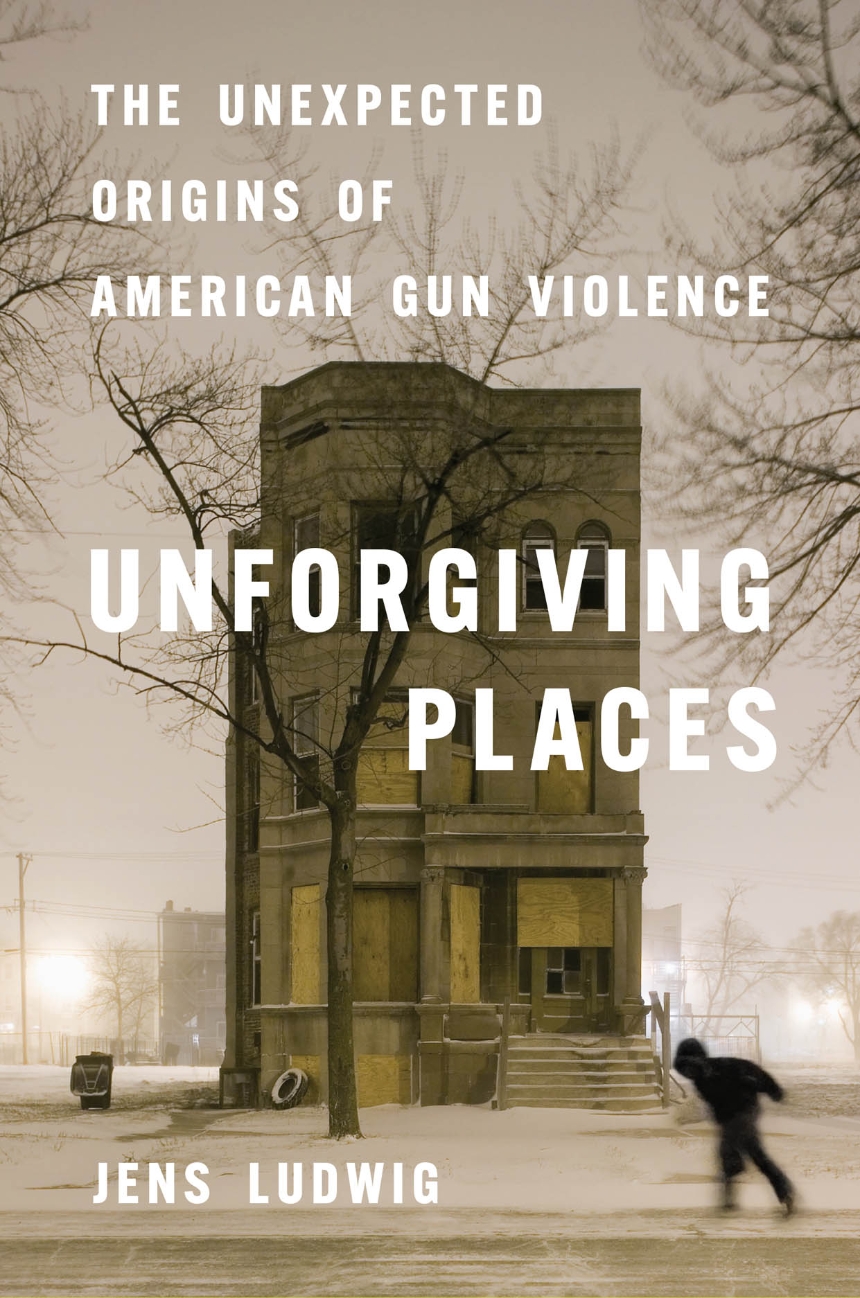
Jens Ludwig is the Edwin A. and Betty L. Bergman Distinguished Service Professor at the University of Chicago, Pritzker Director of the University of Chicago’s Crime Lab, and co-director of the Education Lab. He helped found the Crime Lab and Education Lab to work closely with the public sector to solve pressing social problems. These partnerships have led to important policy changes in cities around the country, including Chicago and New York, and have been featured in national news outlets such as the New York Times, Washington Post, Wall Street Journal, PBS News Hour, and National Public Radio, and the scientific basis for these policies have been published in leading peer-reviewed journals like the American Economic Review, the Quarterly Journal of Economics, Science, and Nature. In 2012 he was elected to the Institute of Medicine of the National Academies of Science.
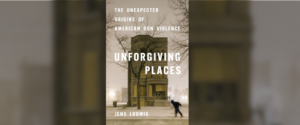
Unforgiving Places: The Unexpected Origins of American Gun Violence
Crime Lab Pritzker Director Jens Ludwig authored a book that argues the lack of progress in reducing gun violence ultimately stems from our having misunderstood the nature of the problem, and that behavioral science gives us a new way to understand – and solve – gun violence in America.

2025 End-of-Year Analysis: Chicago Crime Trends
Violent crime declined substantially in 2025 across the country, including in our home city of Chicago – which experienced 168 fewer homicides through mid-December 2025 compared to the same period last year.
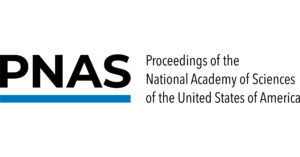
Valuing the benefits of reducing firearm violence in the United States
This paper estimates the monetized value of the impact of reducing firearm violence and how that value is distributed across the population.

Policy Brief: Understanding and Improving Early Intervention Systems
This policy brief is a summary of a research paper entitled “Predicting Police Misconduct” by Greg Stoddard, Dylan Fitzpatrick, and Jens Ludwig.
Clearance Rates
The Crime Lab partnered with the Chicago Police Department to analyze historical trends in clearance rates for homicides and non-fatal shootings and evaluate the innovative Area Technology Center (ATC) model.
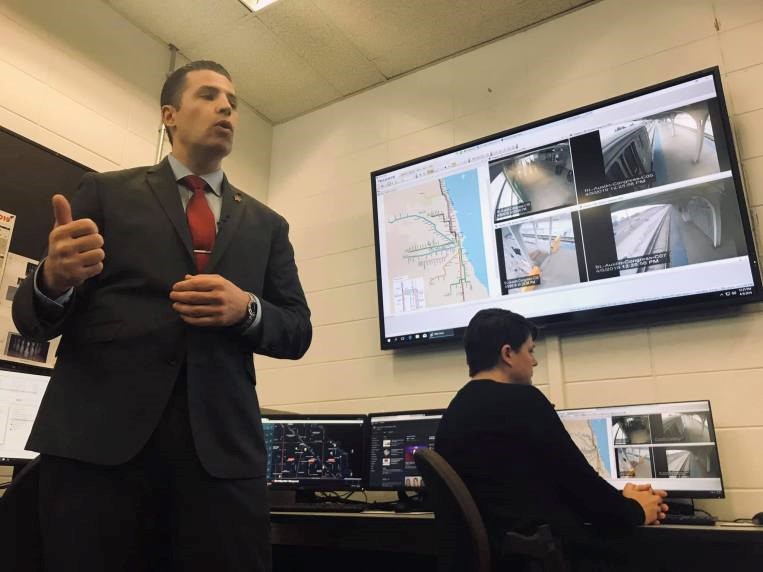
New York City Release Assessment
The Crime Lab partnered with New York City leaders to update its pretrial release assessment to be more accurate and equitable with the aim of helping judges reduce pretrial incarceration by identifying the vast majority of low-risk defendants who can be released without bail or other pretrial conditions.

Strategic Decision Support Centers
The Crime Lab and the City of Chicago joined forces to implement data-driven management strategies that address gun violence in some of the city’s most heavily affected communities.
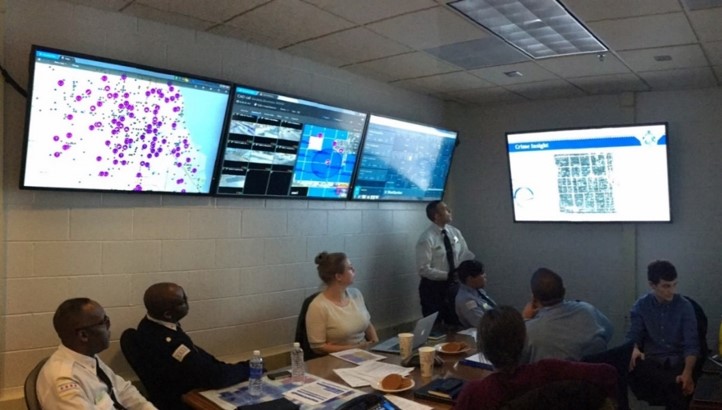
Officer Support System (OSS)
The Crime Lab partnered with the Chicago Police Department (CPD) to develop the Officer Support System (OSS), a next-generation, data-driven early intervention system to promote officers’ long-term mental health and wellness.

Latest Updates
Chicago looks to close out 2025 with a 10-year low in violent crime
The Crime Lab’s experts and end-of-year analysis of Chicago crime trends are heavily featured in the latest Crain’s Forum on violence reduction.

The Best Books of 2025
The New Yorker includes Crime Lab Pritzker Director Jens Ludwig’s book, “Unforgiving Places: The Unexpected Origins of American Gun Violence,” on its annual list of best books of the year.
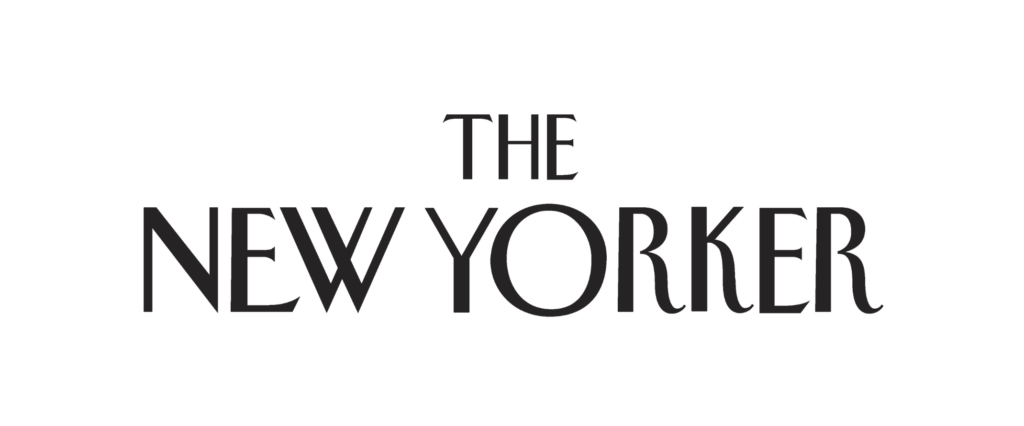
The Urban Optimist’s Holiday Gift Guide
Vital City included “Unforgiving Places: The Unexpected Origins of American Gun Violence,” a book written by Crime Lab Pritzker Director Jens Ludwig, in its 2025 holiday gift guide.

